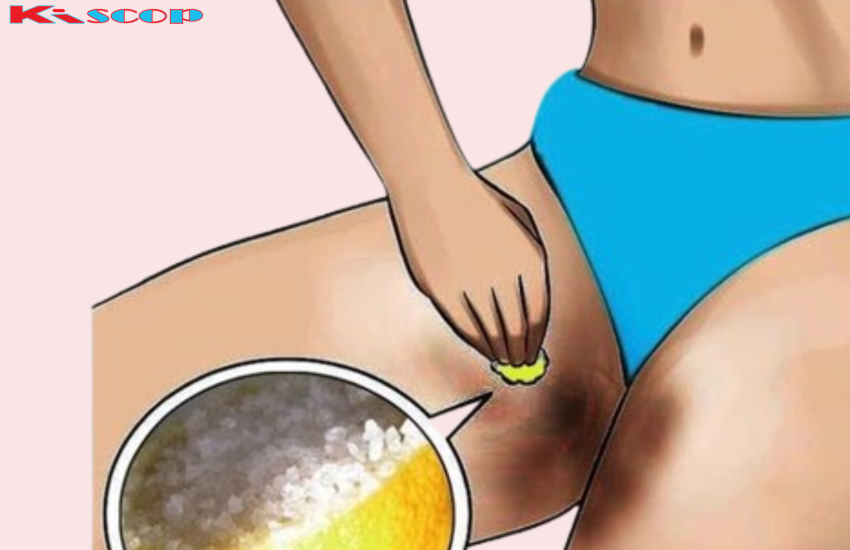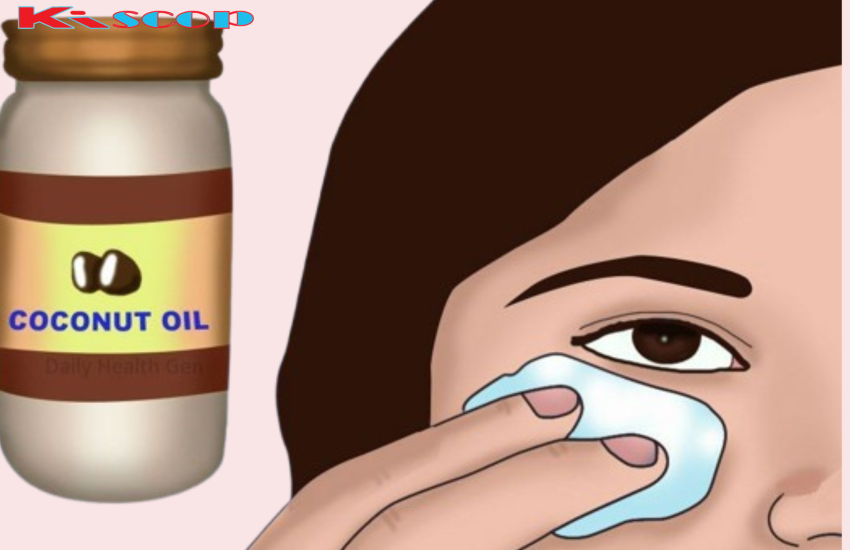6 Causes of Water Retention and How to Reverse It
Understanding the causes of water retention is crucial, but knowing how to manage and prevent it effectively is equally important. Here are some additional strategies that can help you maintain a healthy fluid balance in your body and reduce the discomfort associated with water retention.
1. Stay Hydrated
It might seem counterintuitive, but drinking plenty of water is one of the best ways to combat water retention. When your body is dehydrated, it holds onto water as a defense mechanism. By staying hydrated, you signal your body that it doesn’t need to store extra water.
Tips:
- Set Daily Goals: Aim to drink at least 8 glasses of water a day, but adjust based on your activity level, climate, and individual needs.
- Incorporate Hydrating Foods: Foods like cucumbers, watermelon, and leafy greens have high water content and can help keep you hydrated.
- Monitor Your Urine: Clear or light-colored urine is usually a sign of good hydration, while dark yellow or amber can indicate dehydration.
2. Reduce Carbohydrate Intake
Carbohydrates are stored in the body as glycogen, which attracts water. For every gram of glycogen, your body stores about three grams of water. Reducing your carbohydrate intake, especially refined carbs like white bread, pastries, and sugary snacks, can help reduce water retention.
Tips:
- Focus on Whole Grains: Replace refined carbs with whole grains like quinoa, brown rice, and oats, which have a lower glycemic index and provide more sustained energy.
- Balance Your Diet: Include lean proteins and healthy fats to balance your carbohydrate intake and promote overall health.
- Practice Portion Control: Even when eating healthy carbs, be mindful of portion sizes to prevent overeating and excess glycogen storage.
3. Incorporate Natural Diuretics
Certain foods and drinks act as natural diuretics, helping your body flush out excess water. These can be a gentle and effective way to reduce water retention without the need for medication.
Natural Diuretics:
- Caffeine: Found in coffee and tea, caffeine can act as a mild diuretic, increasing urine production.
- Herbal Teas: Teas made from dandelion, parsley, and hibiscus are known for their diuretic properties.
- Cucumber and Asparagus: Both are natural diuretics and can be easily incorporated into your diet.
4. Balance Electrolytes
Electrolytes, such as sodium, potassium, magnesium, and calcium, play a key role in maintaining fluid balance. An imbalance, especially high sodium and low potassium, can lead to water retention. Ensuring that you get the right balance of these minerals is essential.
Tips:
- Eat Potassium-Rich Foods: Bananas, sweet potatoes, spinach, and avocados are excellent sources of potassium, which can help balance sodium levels.
- Consider Magnesium Supplements: Magnesium helps regulate fluid balance and can be found in foods like nuts, seeds, and leafy greens. If your diet is lacking, consider a supplement.
- Avoid Processed Foods: Processed foods are often high in sodium and low in other essential electrolytes, contributing to imbalance and water retention.
5. Get Regular Exercise
Regular physical activity helps improve circulation, reduce fluid buildup, and enhance overall health. Exercise also stimulates the lymphatic system, which plays a critical role in removing excess fluids and waste products from the body.
Exercise Recommendations:
- Cardiovascular Activities: Walking, swimming, and cycling are excellent for improving circulation and reducing fluid retention.
- Strength Training: Building muscle through weightlifting or bodyweight exercises can help reduce edema by improving overall body function.
- Stretching and Yoga: These activities can help enhance flexibility, improve circulation, and relieve swelling, especially in the legs and ankles.
6. Monitor Your Stress Levels
Chronic stress can lead to hormonal imbalances, including increased levels of cortisol, which can cause water retention. Managing stress is therefore an important aspect of preventing and reversing water retention.
Stress Management Tips:
- Practice Relaxation Techniques: Techniques like deep breathing, meditation, and progressive muscle relaxation can help lower stress levels.
- Get Adequate Sleep: Poor sleep can exacerbate stress and lead to hormonal imbalances. Aim for 7-9 hours of quality sleep per night.
- Engage in Regular Physical Activity: Exercise is a proven stress reliever, and it also helps combat water retention directly.
7. Consult a Healthcare Professional
If your water retention is severe, persistent, or accompanied by other concerning symptoms (such as shortness of breath, fatigue, or chest pain), it’s important to seek medical advice. This could be a sign of an underlying condition that requires professional treatment.
When to See a Doctor:
- Persistent Swelling: Especially if it doesn’t go away with lifestyle changes or is accompanied by other symptoms.
- Sudden Weight Gain: Rapid weight gain can indicate fluid retention and may be a sign of heart, kidney, or liver issues.
- Unexplained Swelling: If the swelling occurs suddenly or for no apparent reason, it’s important to get checked out.
Conclusion
Water retention is a common issue that can be managed and often reversed with the right lifestyle adjustments. From reducing sodium intake to incorporating natural diuretics and regular exercise, there are many strategies to help your body maintain a healthy fluid balance. By staying informed and proactive, you can reduce the discomfort of water retention and improve your overall well-being. If in doubt, always consult a healthcare professional to ensure there are no underlying health concerns that need to be addressed.



